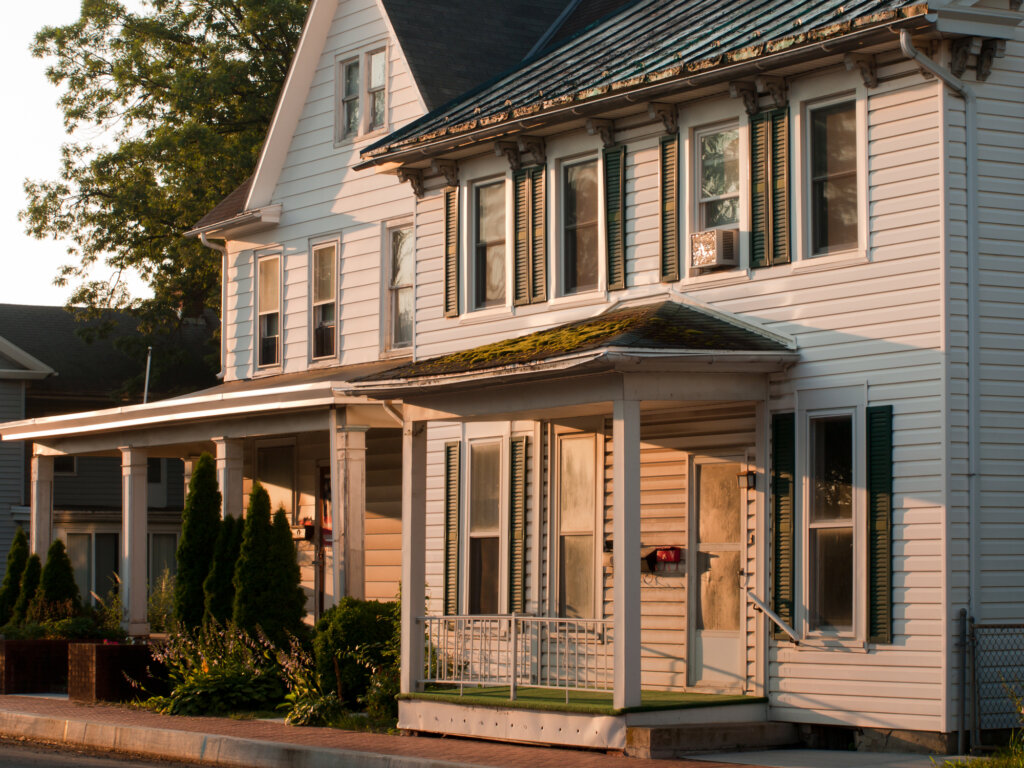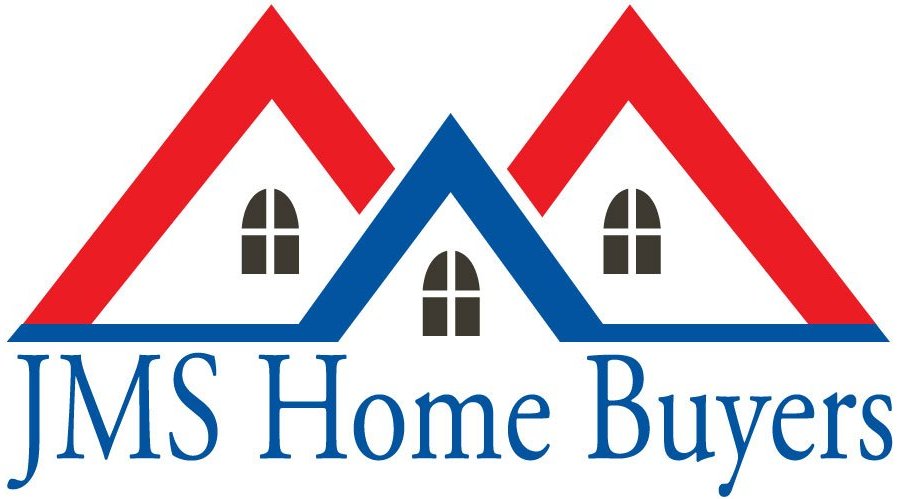
Selling a House in Probate North Carolina
Selling a house that is in probate in North Carolina is not an easy process. Still, with the proper knowledge and guidance, it’s entirely manageable. This article will help explain the process of selling a house in probate and provide a comprehensive guide for homeowners and real estate investors navigating this unique situation.
We’ll explore what probate means, the circumstances that lead to it, and the steps involved in selling a house in probate in North Carolina. From understanding who can sell a probate property to the intricacies of petitioning the court and finalizing the sale, we’ll cover all the essential aspects you need to know.
For homeowners dealing with the loss of a loved one, this information can help ease the burden of managing their estate. For real estate investors, understanding the probate process can uncover valuable opportunities in the market. Whether you’re an executor, an heir, or an interested buyer, this guide will equip you with the knowledge to navigate probate property sales in North Carolina confidently and efficiently.
What is a Probate?

Probate involves managing and settling a deceased individual’s estate in North Carolina, covering areas like Charlotte and its surroundings. The probate process involves validating the will (if one exists), identifying and appraising assets, paying off debts, taxes, and distributing the remaining property to heirs or beneficiaries.
In North Carolina, probate can be either formal or informal.
Formal probate is typically required when:
- The estate has significant debts
- The are disputes among beneficiaries
- The original will is missing
Two key terms to understand in the probate process are:
Testate: When the deceased person left a valid will.
Intestate: When the deceased person did not leave a will, or the will is deemed invalid.
In Charlotte and throughout North Carolina, intestate estates are distributed according to state law, which may not align with the deceased’s wishes. This why it is important to have a will.
Probate is a process, often taking several months to complete in North Carolina. It’s crucial for executors and administrators to understand their responsibilities and the steps involved to ensure a smooth probate process, especially when selling a house is necessary to settle the estate.
Can a House Be Sold While in Probate?
In Concord, North Carolina, and throughout the state, it is possible to sell a house while it’s in probate. However, specific rules and procedures must be followed. If you’re looking to sell your house fast in Concord or anywhere in North Carolina during probate, it’s essential to understand who can initiate the sale and how.
Entities authorized to sell probate property in North Carolina include:
- The executor named in the will.
- An Administrator appointment by the court (if there’s no will).
- The court itself in certain situations.
Selling a house in probate in Charlotte or elsewhere in North Carolina, the process typically involves:
- Determining inheritance: Identifying heirs and beneficiaries
- Petitioning to sell: Filing necessary paperwork with the court
- Initiating the sale process: This may involve listing the property or finding a direct buyer
For those wanting to sell their house fast in Concord during probate, working with experienced real estate professionals who understand the probate process can be beneficial. They can help navigate the complexities and potentially find buyers who specialize in probate properties, which may expedite the sale.
Remember, while it’s possible to sell a house during probate in North Carolina, the court approves the sale before it can be finalized. This oversight ensures that the interests of all beneficiaries are protected throughout the process.
What Does it Take to Sell a House in North Carolina While in Probate?
Selling a house in probate requires careful navigation of legal procedures and fulfillment ofspecific responsibilities. The executor or administrator of the estate has a crucial role in this process.
Responsibilities of the Executor in North Carolina probate sales:
- Preserving estate assets: This includes maintaining the property, paying utilities, and ensuring proper insurance coverage.
- Handling estate debts: Addressing any outstanding mortgages, liens, or other debts against the property.
- Obtaining court approval: In North Carolina, the executor must typically obtain court permission before selling probate property.
- Ensuring fair market value: The property should be sold for a price that reflects its true value in the current market.
Examples of situations requiring property sale during probate in North Carolina:
- Debt repayment: If the estate has significant debts that cannot be paid from liquid assets, selling the property may be necessary.
- Lack of immediate heirs: When there are no close relatives to inherit the property, selling may be the best option.
- Beneficiary agreement: If all beneficiaries agree that selling the property is in their best interest.
- Will instructions: The deceased’s will may explicitly direct the executor to sell the property.
- Property maintenance costs: If the ongoing costs of maintaining the property are draining the estate’s resources.
In North Carolina, the probate process aims to ensure that the deceased’s wishes are honored and the beneficiaries’ interests are protected. While selling a house in probate can be complex, understanding these responsibilities and potential scenarios can help executors navigate the process more effectively.
Steps for Selling a House in Probate
Assigning an Executor or Administrator
The first step in selling a probate property in North Carolina is to have a designated person manage the process. This is the person who has been named the executor in the will or an administrator appointed by the court if there’s no will.
Decision to Sell
The executor must evaluate whether selling the property is necessary or beneficial to the estate. This decision should consider factors like estate debts, maintenance costs, and the wishes of beneficiaries.
Property Valuation
To determine the property’s value, consider two options:
- Professional Appraisal: Hire an experienced appraiser familiar with the local market.
- Comparative Market Analysis (CMA): Request a free CMA from a local real estate agent.
It’s important to note that while appraisals provide a professional estimate, they don’t always reflect what a willing buyer might pay. A CMA can offer insight into recent comparable sales, giving a realistic picture of the current market.
Petitioning the Court
In North Carolina, the executor must file a petition with the probate court expressing the intention to sell. This should include the property details and the reason for the sale.
Listing the Property
Choose the best approach for listing the property. This could be through a real estate agent experienced in probate sales or directly to investors. The method should align with the goal of maximizing the estate’s value.
Receiving and Evaluating Offers
Set clear goals for the sale and carefully evaluate all offers. Consider factors like price, contingencies, and the buyer’s ability to close quickly.
Notice of Proposed Action
Inform potential buyers about the court’s involvement in the process. This transparency can help manage expectations regarding potential delays or additional steps in the sale process.
Finalization of Sale
Once an offer is accepted, file the final documents with the court. The sale can only be completed after receiving court approval, at which point the title can be transferred to the new owner.
Throughout these steps, clear communication with all parties involved – beneficiaries, the court, potential buyers, and legal advisors – is essential for a smooth probate sale process in North Carolina.
Avoid These When Selling a Probate Property
When selling a probate property in Lincolnton, North Carolina, or the surrounding areas, it is possible to avoid common mistakes that complicate the process or potentially reduce the estate’s value. Here are common mistakes to steer clear of:
Moving Too Quickly
In Lincolnton’s real estate market, rushing the sale can lead to undervaluing the property. Take time to understand the local market trends and get professional appraisals to ensure you’re setting a fair price.
Not Completing a Real Estate Disclosure
While probate properties in North Carolina may be exempt from some disclosure requirements, providing as much information as possible about the property’s condition is still wise. This transparency can prevent future disputes and build trust with potential buyers in Lincolnton.
Failing to Hire a Lawyer
The probate process in North Carolina is complex. Engaging a local Lincolnton attorney experienced in probate matters can help navigate legal requirements, potentially speeding up the process and avoiding costly errors.
Waiting Too Long to Start the Probate Process
Delays in initiating probate in Lincolnton can lead to accumulating expenses such as property taxes, insurance, and maintenance costs. This can diminish the estate’s value over time.
Neglecting Property Maintenance
Lincolnton’s climate can be harsh on unoccupied houses. Failing to maintain the property during probate can lead to deterioration, potentially lowering its value or making it harder to sell.
Ignoring Local Lincolnton Market Conditions
Each real estate market is unique. What works in Charlotte might not apply in Lincolnton. Consult with local real estate professionals who understand Lincolnton’s specific market dynamics.
Not Communicating with Beneficiaries
Keep all beneficiaries informed about the sale process. Lack of communication typically leads to disputes and delays, particularly in a smaller community like Lincolton, where relationships matter.
By avoiding these mistakes, executors can ensure a smoother probate property sale process in Lincolnton, North Carolina, maximizing the value for the estate and its beneficiaries.
Conclusion
Navigating the probate process and selling a house in probate in North Carolina can be challenging. Still, with the right approach and resources, it’s entirely manageable. Let’s recap the key points:
- Understanding probate is crucial, whether the estate is testate (with a will) or intestate (no will).
- Selling a house during probate is possible in North Carolina. While it generally requires court approval, the process can begin as early as two weeks after the notice to creditors has been published. This notice is typically one of the first steps in the probate process, allowing for a relatively swift initiation of the sale if needed.
- The executor or administrator manages and potentially sells the property.
- Following the correct steps and avoiding common mistakes can help ensure a smooth sales process.
For those dealing with probate properties in North Carolina, seeking professional help is advisable. Experienced real estate investors like JMS Home Buyers LLC can assist in navigating probate sales, often offering quick, cash purchases for probate properties.
Legal guidance is also essential. Attorneys specializing in elder law and estate planning, such as McIntyre Elder Law, can offer expert advice on probate matters in North Carolina.
The North Carolina Judicial Branch website is an excellent resource for official information and forms related to probate in North Carolina. It provides detailed information on the probate process, required forms, and legal guidelines.
Remember, while selling a probate property can seem daunting, you can navigate the process effectively with the proper knowledge and professional support. Whether you’re an executor, heir, or potential buyer, understanding the nuances of probate sales in North Carolina will help you make decisions that are best for you and your family and achieve the best possible outcome.
